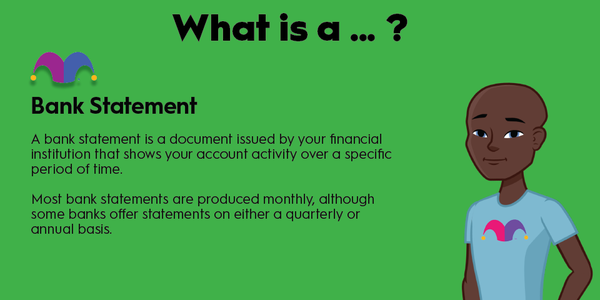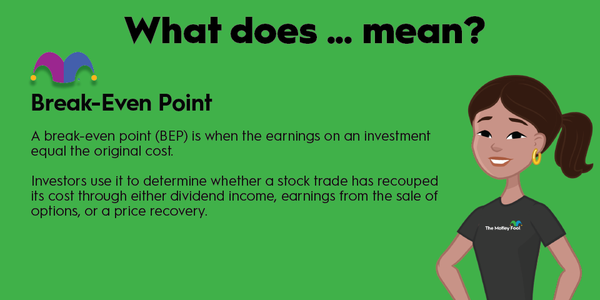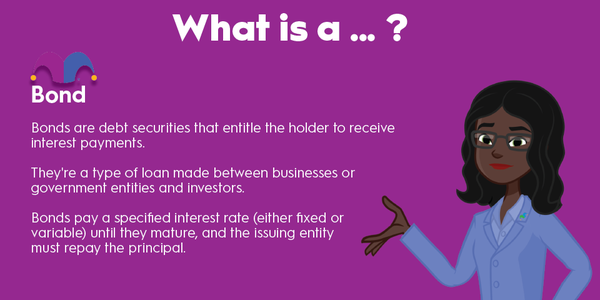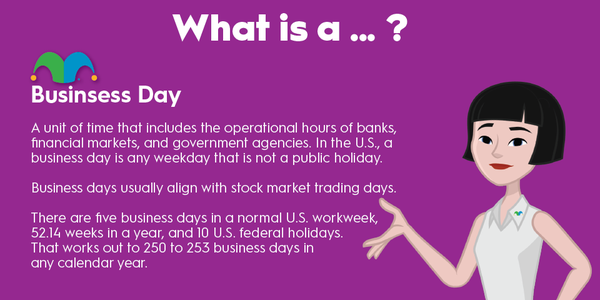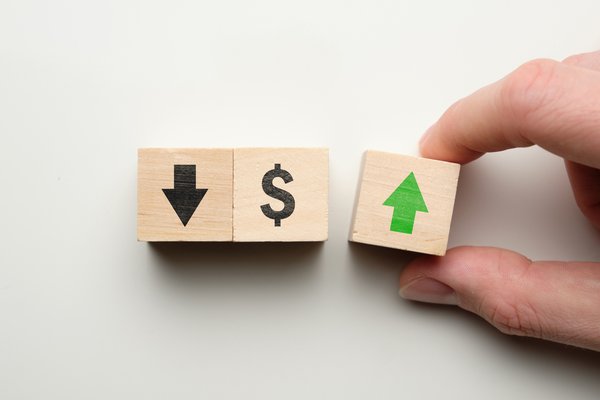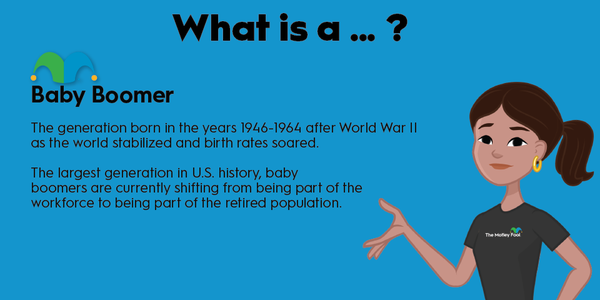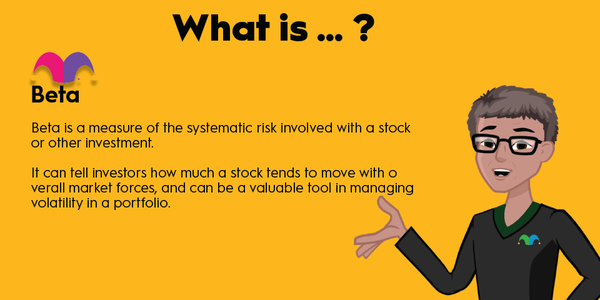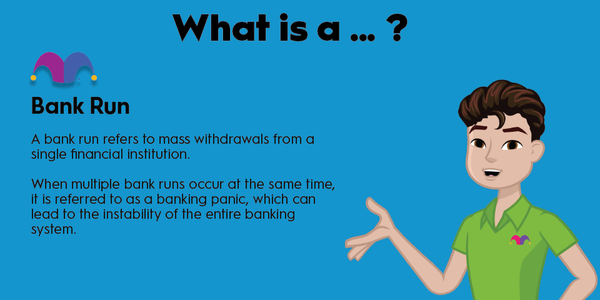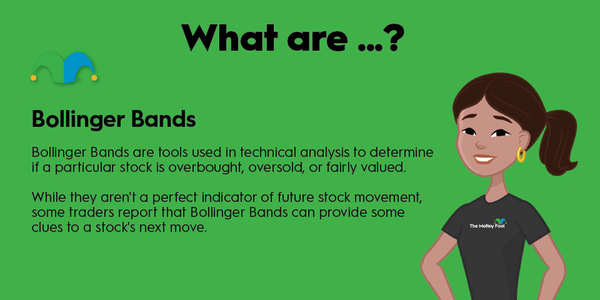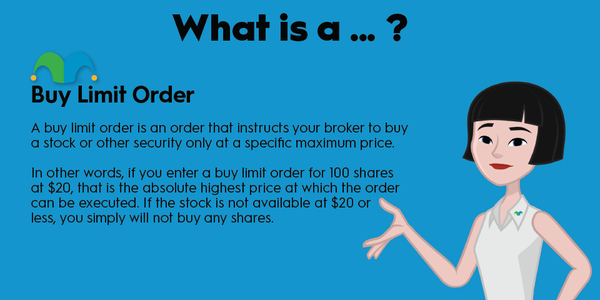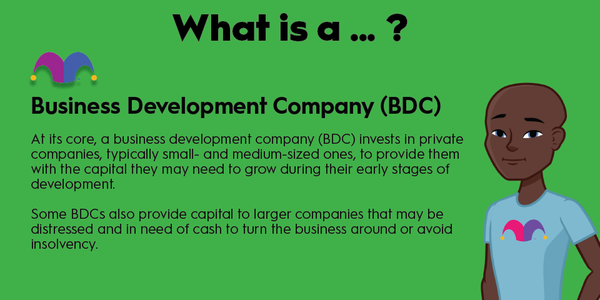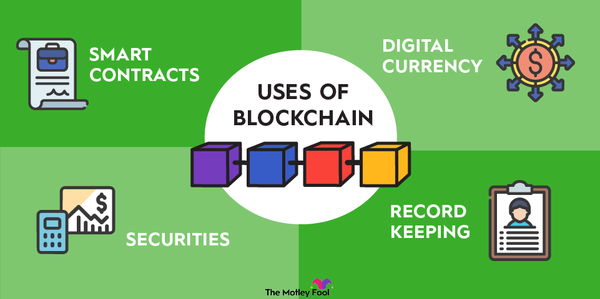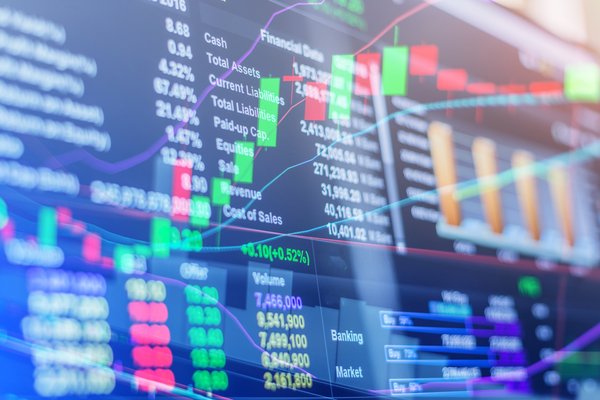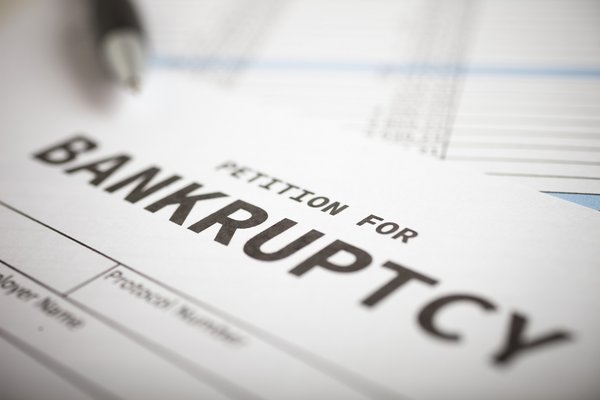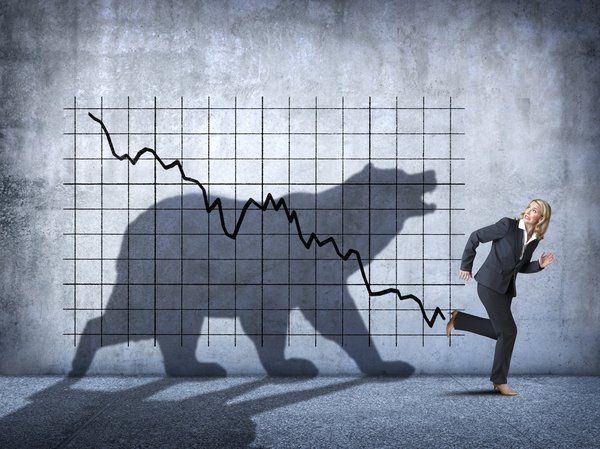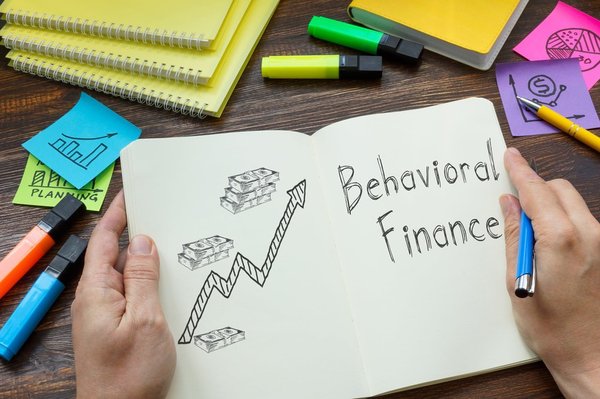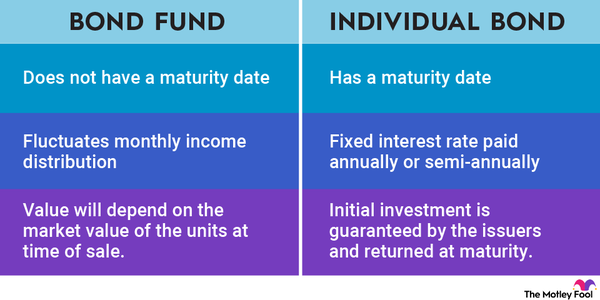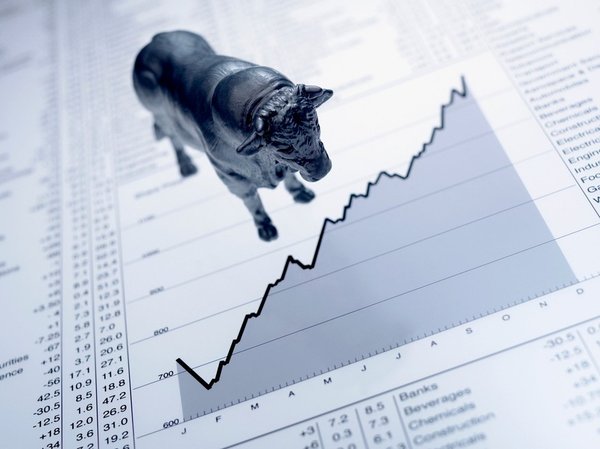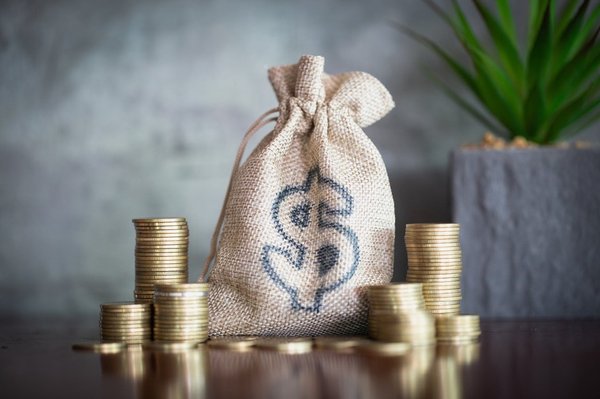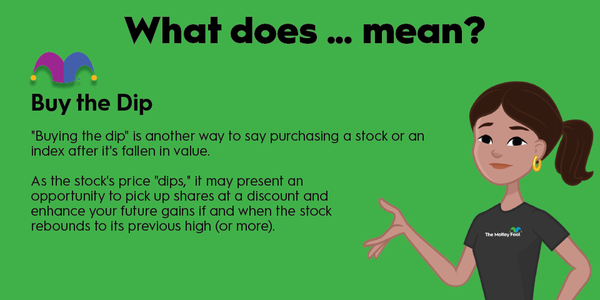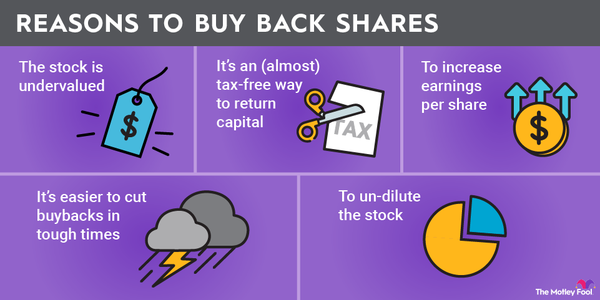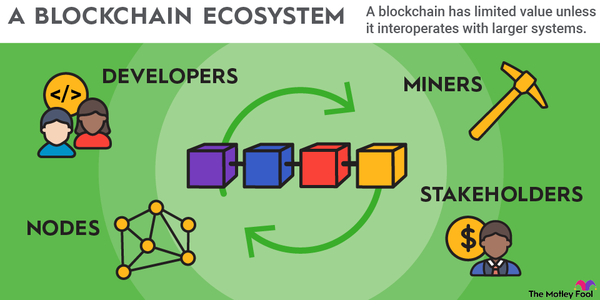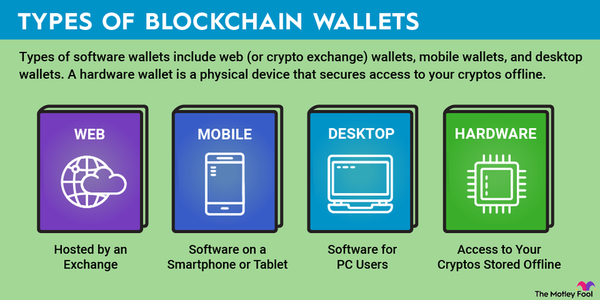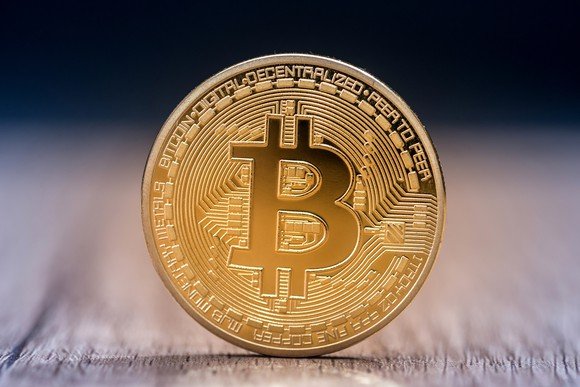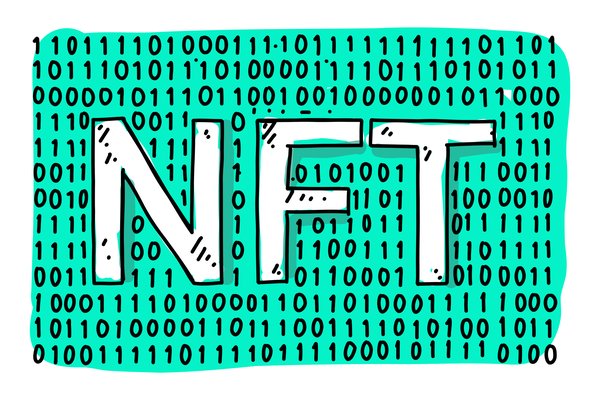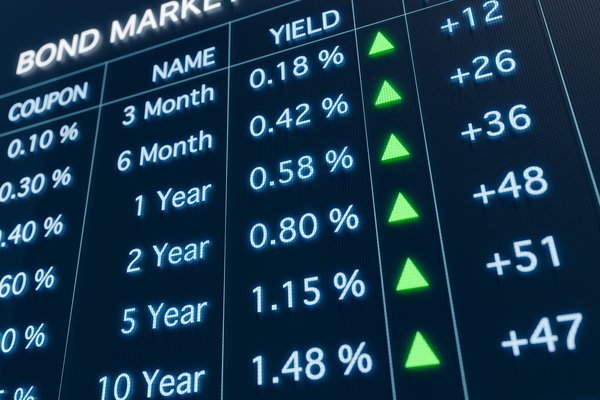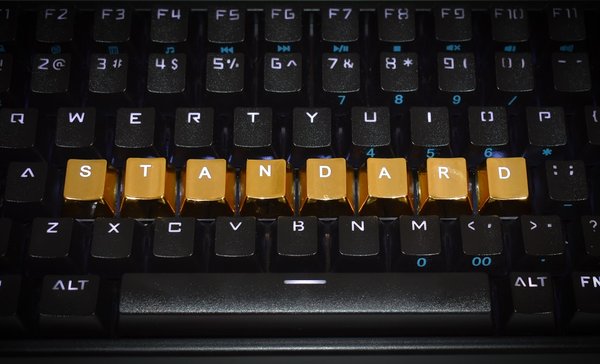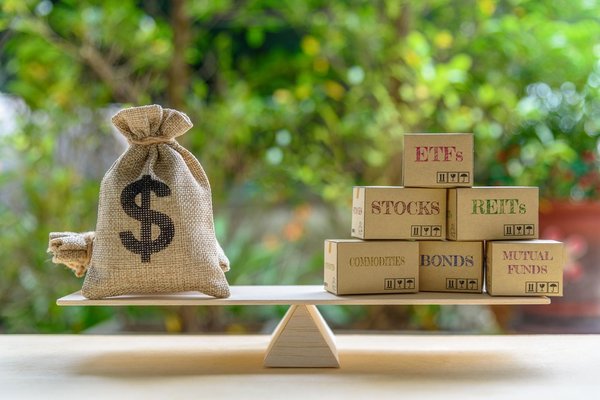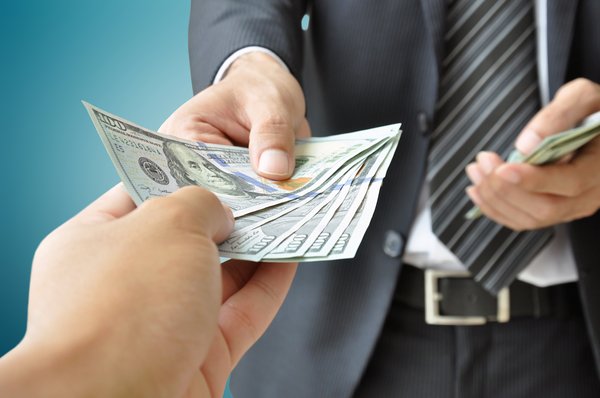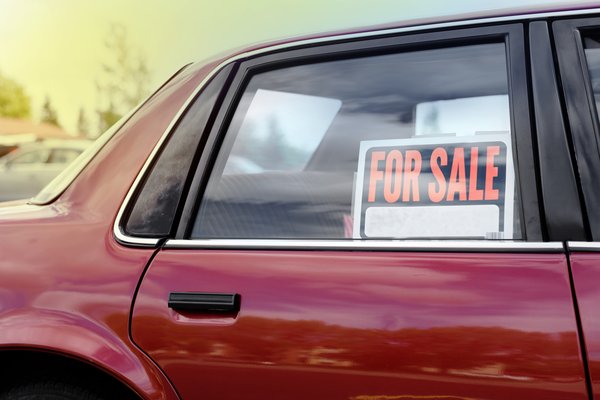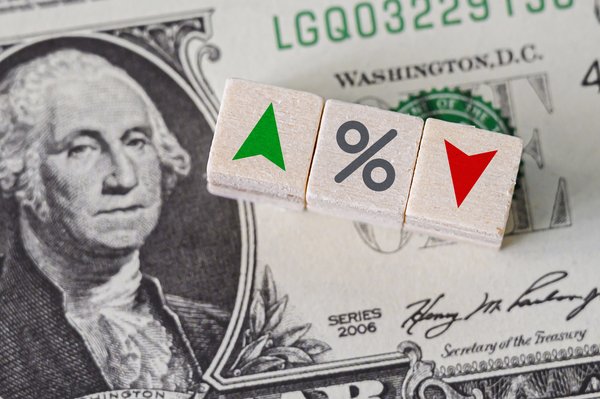Identifying a company with a blockbuster drug in the pipeline can seem like the holy grail if you're a healthcare investor. A blockbuster drug is one that generates at least $1 billion in annual revenue. While blockbuster drugs often fuel profits for pharmaceutical companies, the big bucks usually fade once the drug's patent expires.
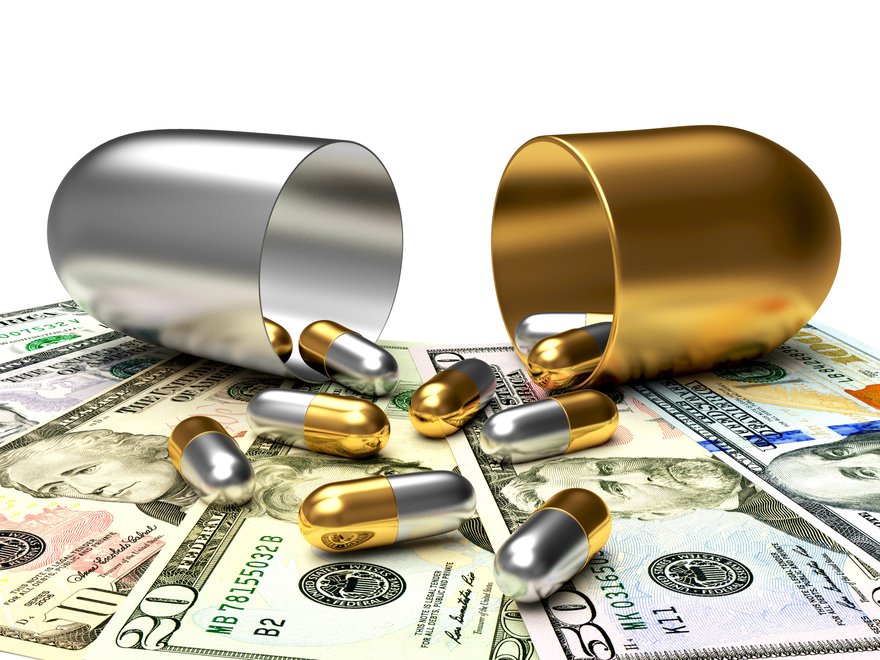
Blockbuster drug defined
What is a blockbuster drug?
A blockbuster drug is a medication that generates annual sales of $1 billion or more. These drugs usually treat conditions that affect many people -- like hypertension, high cholesterol, cancer, arthritis, and diabetes -- and require chronic care over the long term.
Examples of blockbuster drugs include AbbVie's (ABBV -0.38%) Humira -- an anti-inflammatory drug used to treat a host of conditions, including rheumatoid arthritis and Crohn's disease -- and Pfizer's (PFE 0.19%) cholesterol drug Lipitor.
Although a drug that produces $1 billion in annual revenue may seem like a boon to pharmaceutical companies and their shareholders, it's important to consider how much companies spend on drug development. Bringing a new drug to market can cost more than $2 billion.
Only about 12% of drugs that make it to clinical trials ultimately get FDA approval. As a result, drug companies often lean heavily on the sale of blockbuster drugs to offset the costs of research and development for drugs that never make it to market.
What happens when patents expire?
What happens to a blockbuster drug when its patent expires?
Drug patents typically last for 20 years, but that doesn't necessarily mean a company that develops a drug gets to sell that drug exclusively for 20 years. Most patents are filed long before a company actually wins approval for a drug.
Given the lengthy timeline for bringing a new drug to market, a company that develops a blockbuster drug often has a window substantially shorter than 20 years within which to sell the drug before competitors can sell generic versions.
The expiration of a patent is often referred to as a patent cliff. The inventing company can no longer charge a premium for the drug as generic competitors flood the market. By some estimates, a company loses about 80% of its revenue from a blockbuster drug after its patent expires.
If you're interested in investing in a company that makes a blockbuster drug, it's essential to consider whether it has other promising drug candidates in its pipeline. An expiring patent can cause a major source of cash flow to dry up.
Examples of blockbuster drugs
Ozempic and Wegovy: The blockbuster weight-loss drugs
Ozempic and Wegovy are two blockbuster drugs that have recently been in the spotlight. The injectable medications were both intended to treat diabetes, but their popularity skyrocketed as word spread that both are highly effective at helping people lose weight.
Related investing topics
Novo Nordisk (NVO -0.49%), the Danish company that created the drugs, reported that Ozempic had sales of almost $9.4 billion during the first nine months of 2023, while Wegovy brought in about $3.1 billion in revenue for the same period.
The drugs' blockbuster sales have made Novo Nordisk the most valuable company in Europe -- a title previously held by French luxury conglomerate LVMH Moët Hennessy (OTCMKTS:LVMUY) -- with a market capitalization of more than $430 billion in late 2023.


